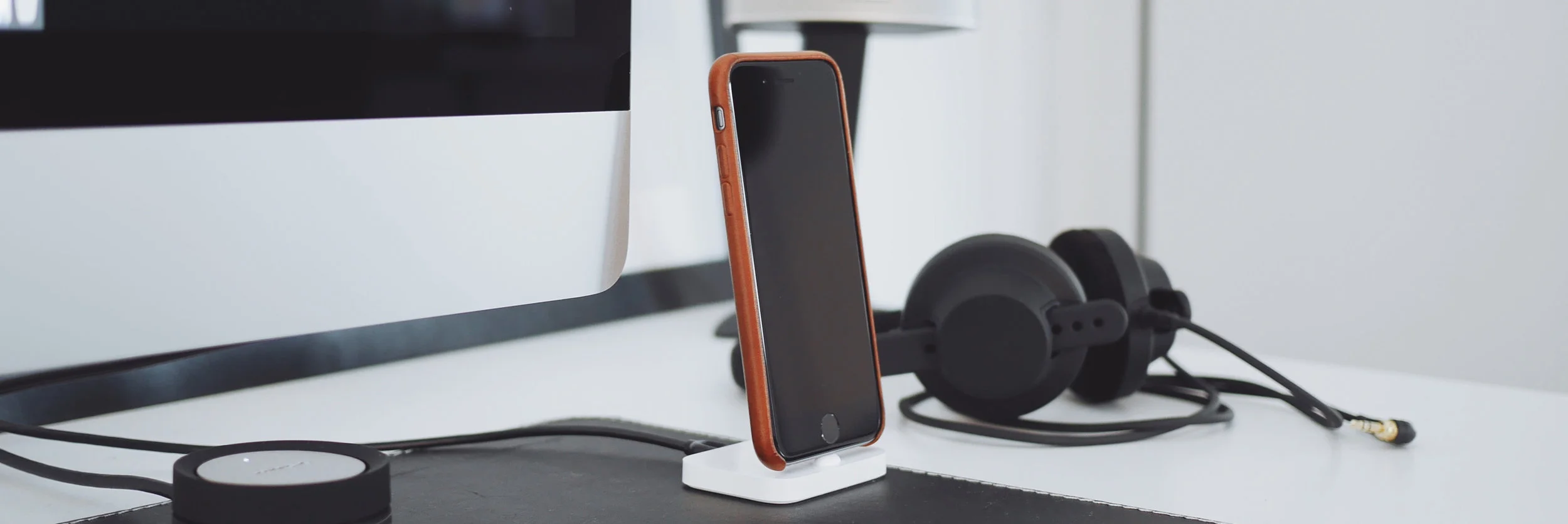Have you ever put yourself in a prospective client’s shoes? Why would he, she or it hire you? Seriously, why? I’m sure you’re a good lawyer but (a) how would a prospective client know that and, perhaps more importantly, (b) can most prospective clients, at the point of purchase, discern between an average lawyer and a good one, or even a great one?
Consciously or not, most lawyers make a choice to craft professional personas that are largely indistinguishable from others. From their new business pitch to their website bio, they purposefully look, sound, act and describe themselves in a similar manner. This poses a dilemma for clients: When confronted with a commodity, how to make a choice?
The paradox is that sellers of actual commodities do the exact opposite of lawyers. They compete fiercely on grocers’ shelves, for example, to stand out from their competition. Only by standing out, they understand, can they capture a greater share of market.





